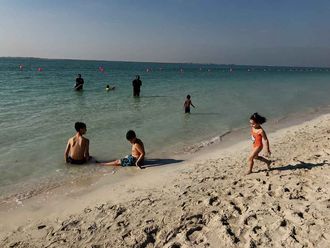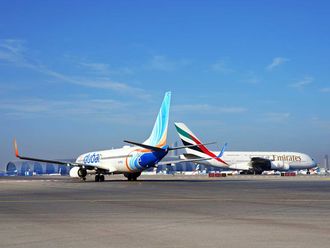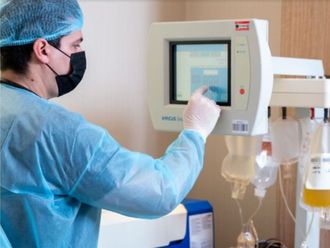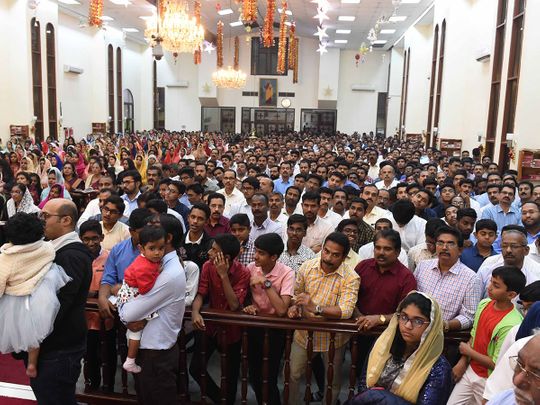
Abu Dhabi: The Abu Dhabi department of Community Development said it was working on the legal frameworks governing the establishment, organisation and licensing of all places of worship across the emirate in accordance with the standards adopted without prejudice to the originality of the UAE customs and traditions emanating from the teachings of the Islamic religion, Sultan Al Daheri, executive director of community engagement and sports sector at the Abu Dhabi Department of Community Development, said on Wednesday.
Al Daheri added the department was working to license the houses of worship in Abu Dhabi, most of them have been in existence for more than 33 years.
“The UAE is in the forefront of efforts aimed at achieving interaction among all religions and promoting values of tolerance, love and peace across the world. Tolerance, mutual respect and cooperation are key values of the UAE — a nation keenly interested in creating harmony among different segments of society,” Al Daheri said as he briefed reporters on the role of the newly established department as the regulator of places of worship across Abu Dhabi.
Places of worship
Al Daheri said there are 17 churches, a Hindu Temple and a Sikh gurdwara in Abu Dhabi.
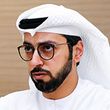
Tolerance, mutual respect and cooperation are key values in a nation interested in creating harmony among different segments of society.
The country’s Christian population currently stands at 13 per cent, and the number is steadily increasing with more people coming in. The majority are foreigners working in Abu Dhabi and Dubai.
There are two Hindu temples in Dubai — to accommodate the roughly 3.3 million Indians in the country — and one Sikh gurdwara.
Construction of Abu Dhabi’s first Hindu temple is currently underway, and is expected to open its doors in 2020.
Al Daheri said the department’s role includes creating the legal framework for establishing places of worship, community associations, clubs and sports establishments, along with setting the standards for licensing, inspection and auditing of these entities.
“The Department of Community Development is committed to the social welfare of everyone who calls Abu Dhabi home. Its foundations are based on the vision of our nation’s Founding Father, His Highness Shaikh Zayed Bin Sultan Al Nahyan, who recognised that social welfare and development are important enablers of prosperity and growth. We are guided by the values of respect, credibility, empathy, responsibility, passion for giving and kindness. Our aspiration is to ensure a dignified life for all,” Al Daheri said.
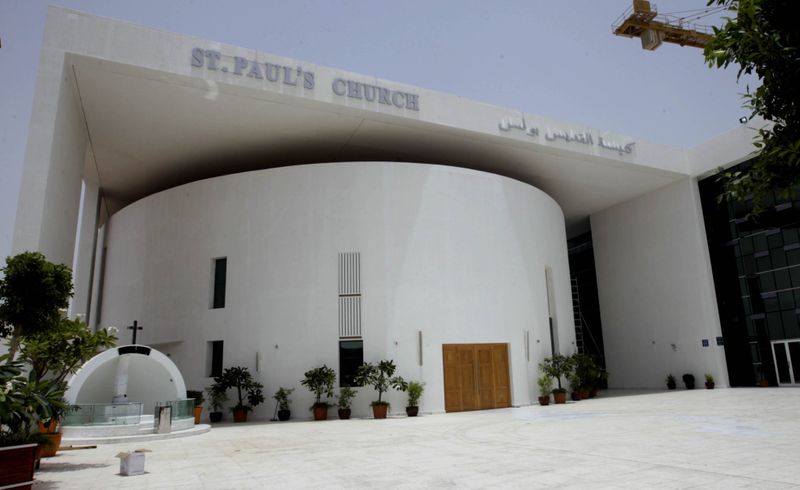
He added we believe in a society that is active and responsible, socially innovative and inclusive. “Essential to this is our community’s aptitude for embracing positive and meaningful change while eliminating social stigmas and limitations. Our priority is to build awareness and knowledge around social issues pertinent to Abu Dhabi and relevant to its people,” Al Daheri said.
Al Daheri added our role is to oversee, empower and regulate the social and community development sector in Abu Dhabi and its enabling entities to provide our people with care and services that are of quality, effective and accessible.
“Based on the belief that social development is a shared responsibility between the government and all its constituents, we work with the government, private sector and third sector to enable the effective participation of citizens in the job market, ensuring that everyone is mobilised to contribute to the Emirate’s shared wealth. This would allow all members to thrive and achieve their full potential, fairly, so that no one is left behind — all building a nation that is socially and economically sustainable,” Al Daheri said.
He said the Department of Community Development will do this as the main regulator of Abu Dhabi’s social sector. “As a regulator and enabler, we introduce and implement policies that ensure quality service delivery, fair allocation of support, and attention to vulnerable groups across all sectors. The way we work is science-led and informed by insights gained directly from the community across its segments. Through our work, we aim to create an ecosystem that encourages volunteering and one that harbours a vibrant community of engagement.”
Al Daheri affirmed the department looks after every individual living in Abu Dhabi — citizens and expatriates, Muslims and non-Muslims — and care for every milestone of their life, from birth to retirement.
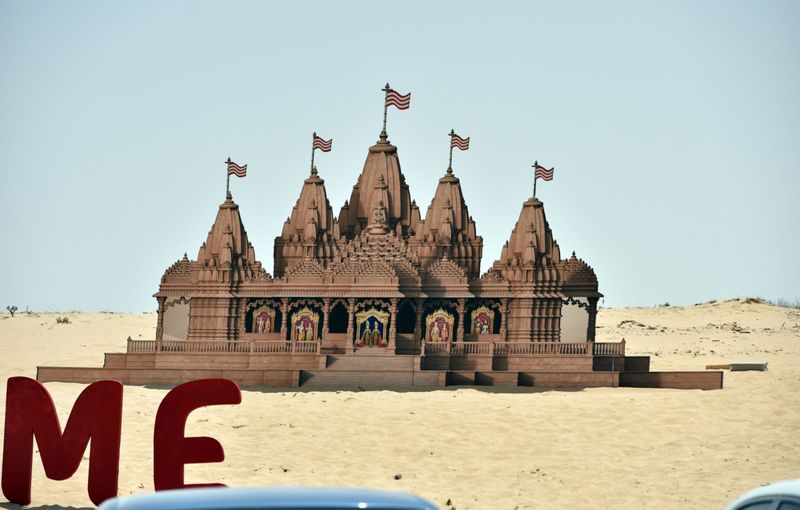
As such, our programmes and initiatives are carefully designed to cater to these crucial stages and to the distinctive social fabric of the Emirate and its many cultures.
“Together, we will encourage, motivate and involve all segments of our Abu Dhabi society to take part in building a better future for all of us, and unlock the potential of our nation,” Al Daheri said.
He said enabling a system of social contribution and participation in Abu Dhabi for all the community’s segments, including citizens, residents and entities, is one of the department’s core initiatives and aims to support the government’s efforts in strengthening the volunteering culture.
“Ma’an was established in February 2019 by the Department of Community Development in Abu Dhabi with the aim of bringing together the government, the private sector and civil society to support a culture of social contribution and participation.
"The authority will deliver solutions for social challenges with four main pillars of work — a Social Investment Fund, a Social Incubator Program, a Social Volunteering Program and the introduction of a new type of public contracting, Social Impact Bonds,” Al Daheri said.


